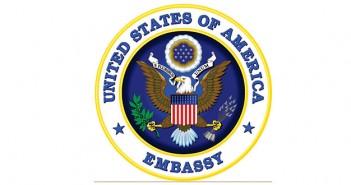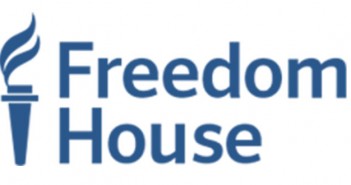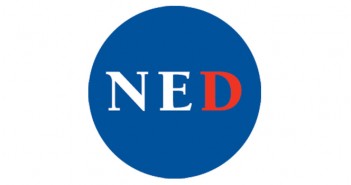
Impunity – the Research of Impunity Watch (IW)
Project title:Impunity – the Research of Impunity Watch (IW)
Implemented in 2007-2009
Donors:Impunity Watch (IW)
Impunity Watch (IW)

Project title:Impunity – the Research of Impunity Watch (IW)
Implemented in 2007-2009
Donors:Impunity Watch (IW)
Impunity Watch (IW)

Project title:Mobilising civil society for advocating new tax policy towards NGOs in Serbia
Duration:february – april 2007
Donors:UK Embassy
UK Embassy

Project title: Raising Public Awareness and Monitoring of implementation of Constitutional Provisions and Legal
Duration: April 2008, 2009
Donor: DEMOCRACY COMMISSION
DEMOCRACY COMMISSION

Project title: Coalition for Tolerance-Against Hate Crime
Duration of the project: years 2007 and 2008
Donors: NED-National Endowment for Democracy

Project title: CAMPAIGN TO PROMOTE TOLERANCE AND STOP RACISM that will comprise promotion of measures and practices needed to be introduced by state organs in order to fight discrimination against ethnic minorities and refugees, discrimination based on the ground such of sex, race, colour, social origin, genetic features, language, religion or belief, political or any other opinion, property, birth, disability, age or sexual orientation
Duration of the project: year 2006
Donors: German Government, through German Embassy in Belgrade

Project title: Advocating for Reforms
Implemented June 2005 – 2006
Donors:Freedom House

This was a regional project, where leading partner was HOM (Humanist Committee on Human Rights) from Utrecht, The Netherlands and as project partners have participated 14 NGOs from Serbia (3), Montenegro (2), FYROM (2), Albania (2), Bosnia and Herzegovina (3), Croatia (2). These countries were area of project implementation. The main focus of the project was domestic violence. Project was dealing only with domestic violence against women (including young girls from 15 and older). Project was supported by HIVOS and PSO.

The National Convention on EU represents an innovative model of network trough which NGOs from different fields cooperate. In this way, civil society engages and contributes significantly to the accession negotiations between Serbia and the EU in all 35 chapters and conducts comprehensive monitoring. The objective of the project is to achieve efficient and quality negotiations between Serbia and the European Union and to achieve sustainable reform in the areas covered by Chapter 23 – Judiciary and Fundamental Rights and Chapter 24 – Justice, Freedom and Security through Inclusion and Civil Society Monitoring.

The overall objective of the project “Change the constitution on-line and off-line” is to set the stage for amendments to the Constitution of the Republic of Serbia that deepen formal and actual commitment to human rights and freedoms, in line with international human rights, freedoms and democracy standards and EU directives.

Lawyers’ Committee for Human Rights – YUCOM implemented this project with the support of Partnership for Transparency Fund (PTF) and the Open Society Institute.
Serbia still ranks as one of the most corrupt countries in Europe according to the Transparency International’s Corruption Perceptions Index (in 2010, Serbia ranked 78th out of 178 countries (followed with 86th out of 182 ranking in 2011 and 80th out of 174 in 2012). The latest EC country reports stated that Serbia has made little progress in harmonizing its judicial system with the European standards and that it failed to rein in corruption. One of the key challenges is that there are still no enough criminal reports filed against perpetrators by the prosecutor’s office, mainly because it is often difficult to provide sufficient evidence for reporting a corruption case.